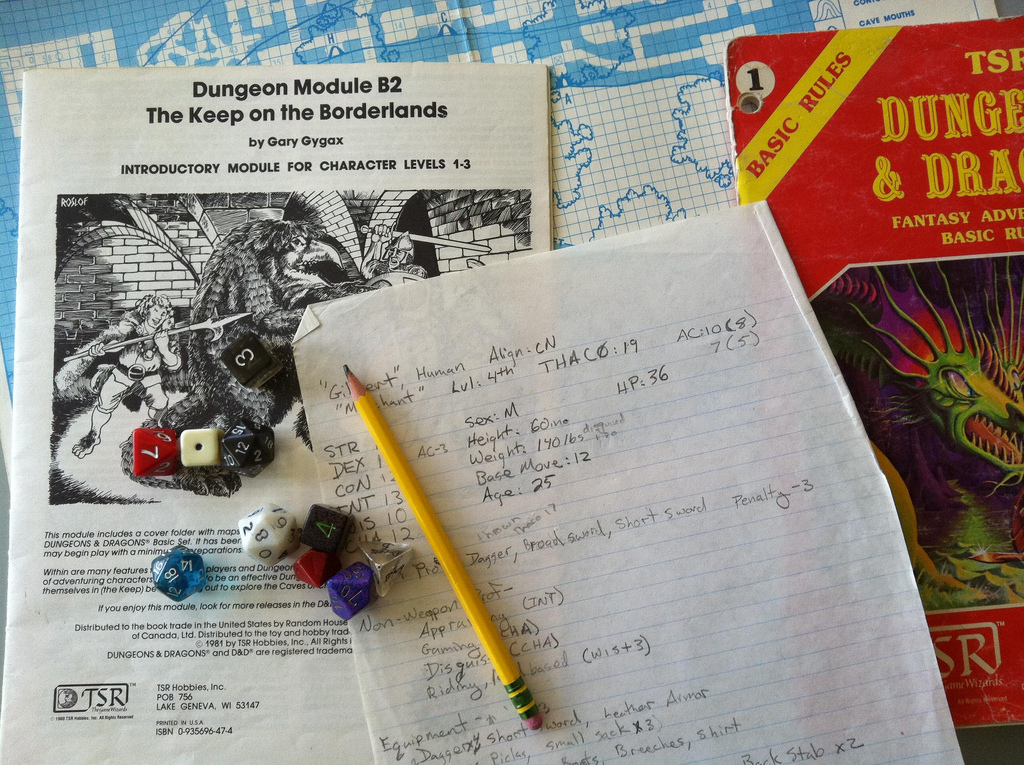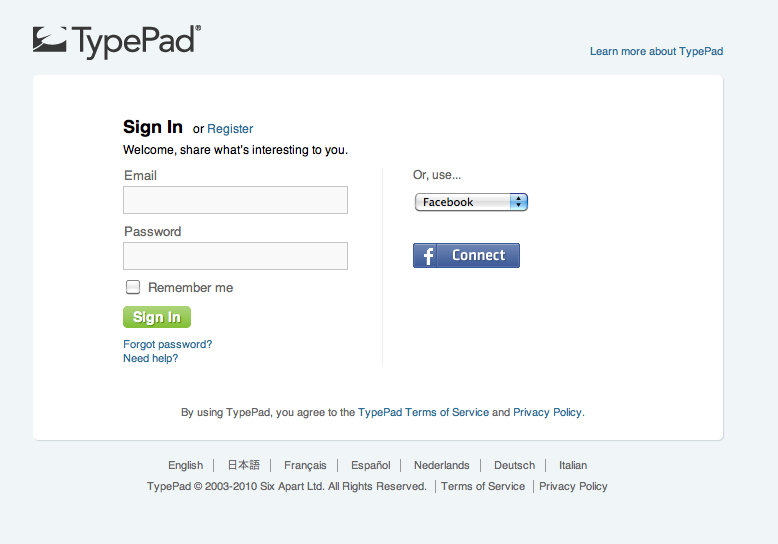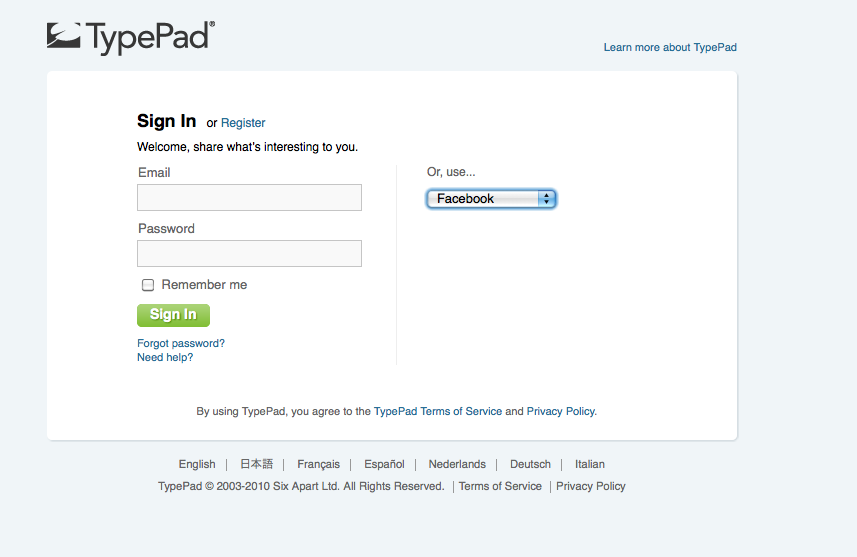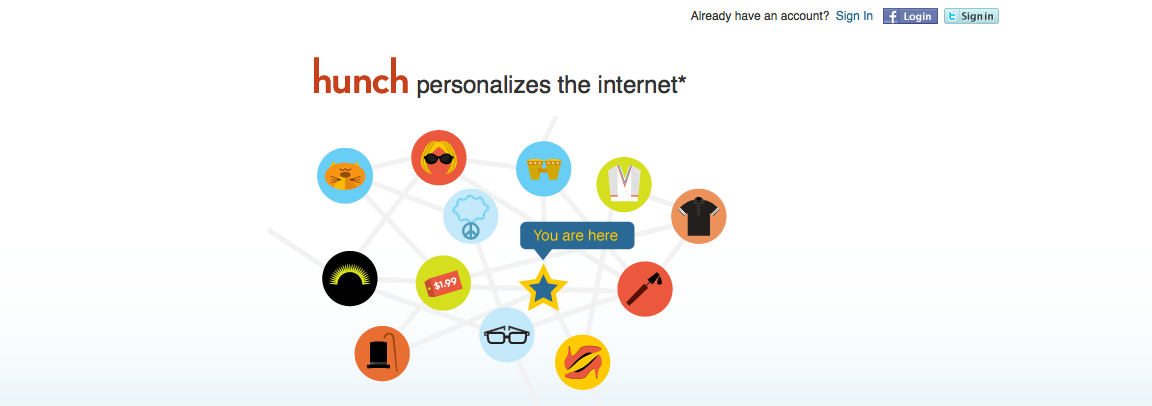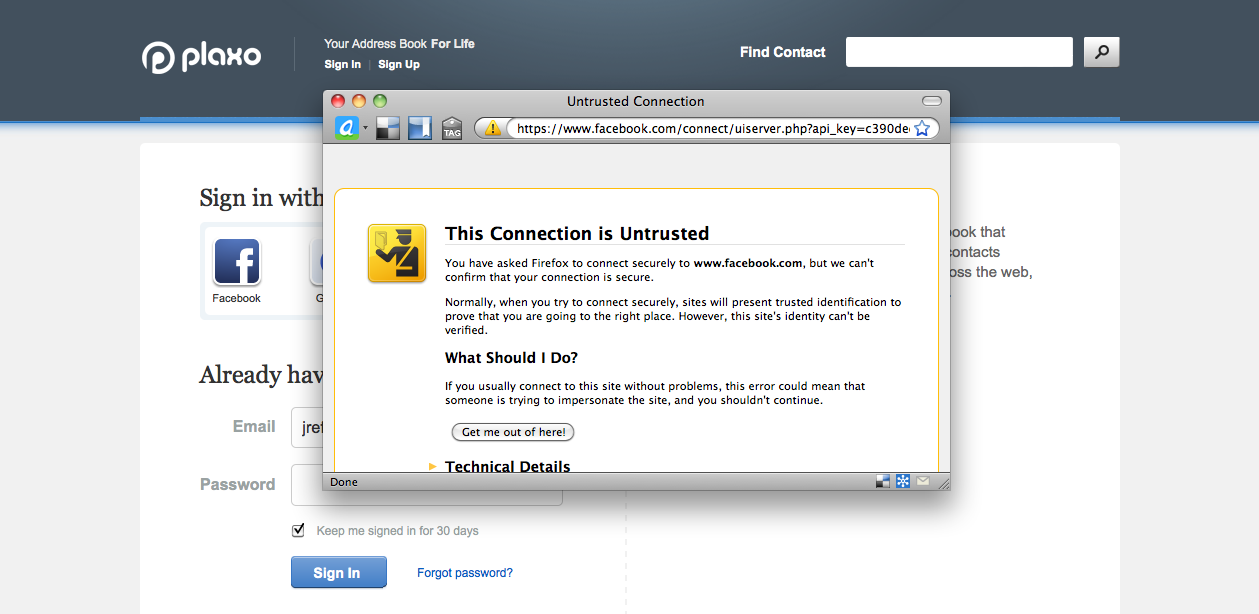
A few weeks ago, I posted on Facebook that I was “tiring of mediated online commerce.” It was a bit of a flip comment, probably in response to seeing too many headlines about the Groupon IPO, Google Deals, Facebook Deals, etc. I wasn’t entirely sure what I meant, so I had to go back and think about why I responded that way.
INtrospection time! I think serious introspection (deeper than “I like X but not Y”) has become an underused tool for designers & researchers. Yes, we are not always representative of other users — but who is? We are all unique snowflakes! But I know myself really well. And I can ask myself no end of nosy questions without being too intrusive. So, with the obvious & tedious caveat that I may not be representative of other unique snowflakes out of the way, I can forge on.
First point: I can’t be too tired of mediated online commerce, because I buy stuff online, all of which is mediated in some way or other, and often I enjoy it. Accentuate the positive: what online purchases have I made recently that have made me really happy? Turns out there’s a bunch.
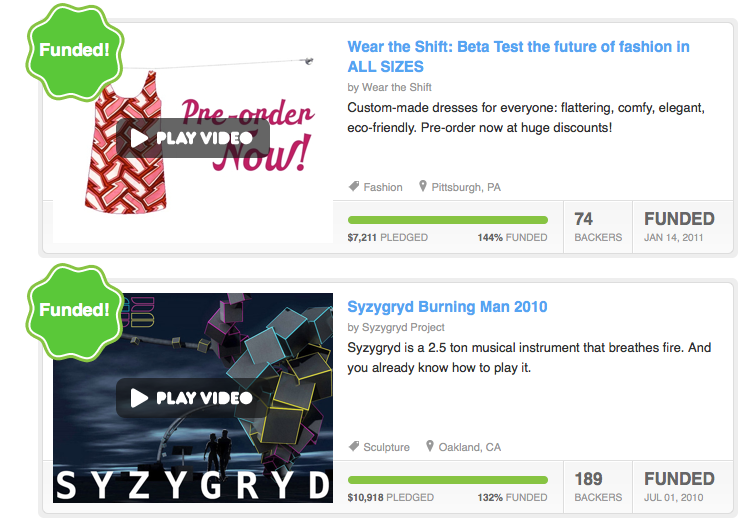
Kickstarter. But wait, you say–kickstarter isn’t e-commerce! Well, it isn’t. It’s a way of funding projects you believe in. And yet … I’ve given money to a bunch of projects. In one case, Syzygryd, I was just helping a bunch of awesome people put together a crazy interactive sound-fire-light-sculpture thing, but I did get a bunch of stickers & a tag. Which I treasure! And in another case my wife beta-tested a custom dress service. Beta-testing was the main point. But in the end we paid money for a nice dress! So in at least some cases, Kickstarter feels like commerce, if of a very particular kind. It is mediated (they handle the money & facilitate communication between funders & the project), but what it feels like is a direct connection between you and a project you believe in. Plus sometimes you get stuff. I love funding Kickstarter projects, and usually feel a great deal of attachment to the ongoing project long after the initial project has finished.
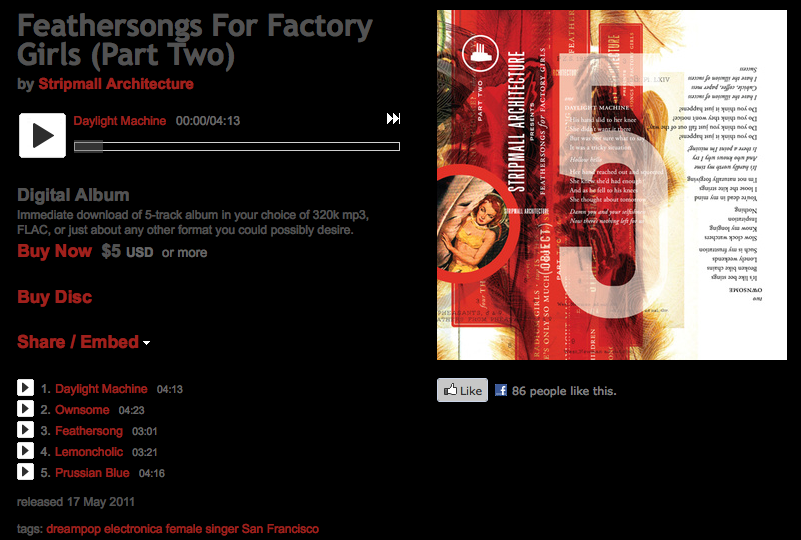
Bandcamp. Definitely commerce. You pays your money, you gets some music. But the experience is pretty similar to Kickstarter — it fosters a very close connection between fan and musician. Often musicians offer different levels of purchase for an album — a cheap download, a CD with packaging for a little more, a deluxe set with a bunch of schwag for even more. Bandcamp also encourages musicians to sell in a “name your price” style — set a minimum price but allow fans to pay more if they like. Which they often do — I usually put in at least a few bucks extra, sometimes more.
Another thing Bandcamp and Kickstarter have in common is fee transparency. It’s very easy for a buyer to figure out what the seller is being charged. If part of your goal is to support an artist or project, not just get a good deal, it’s helpful to know they aren’t getting ripped off.
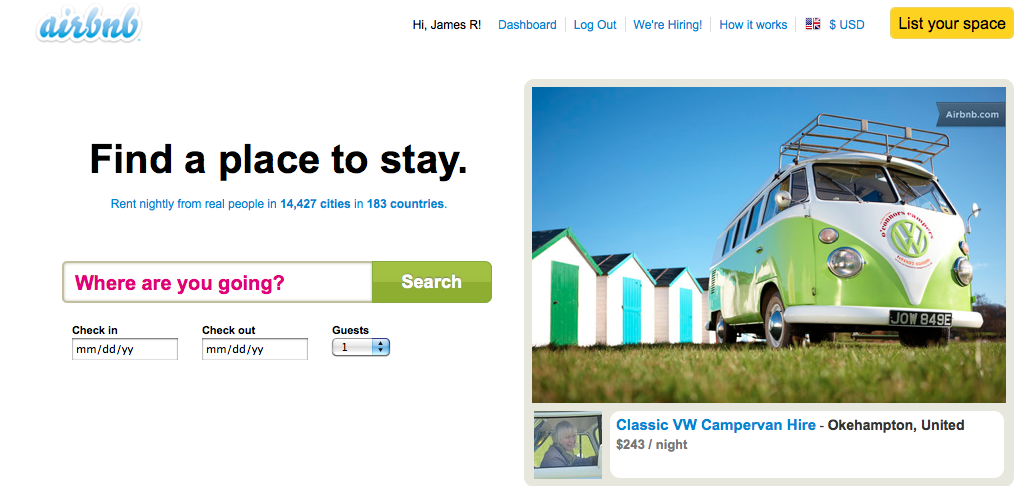
AirBnB. Mediated commerce! Really, it feels like the early days of eBay, when buying stuff from a stranger was new & exciting. Maybe a little risky. In this case you’re renting someone’s room or house — they could be anybody! So making a personal connection with them (as well as looking at reviews & etc.) is a big deal. And, in my case, you find you start reacting to the people you’re thinking of renting from as well as the space. Which is that personal connection thing again.
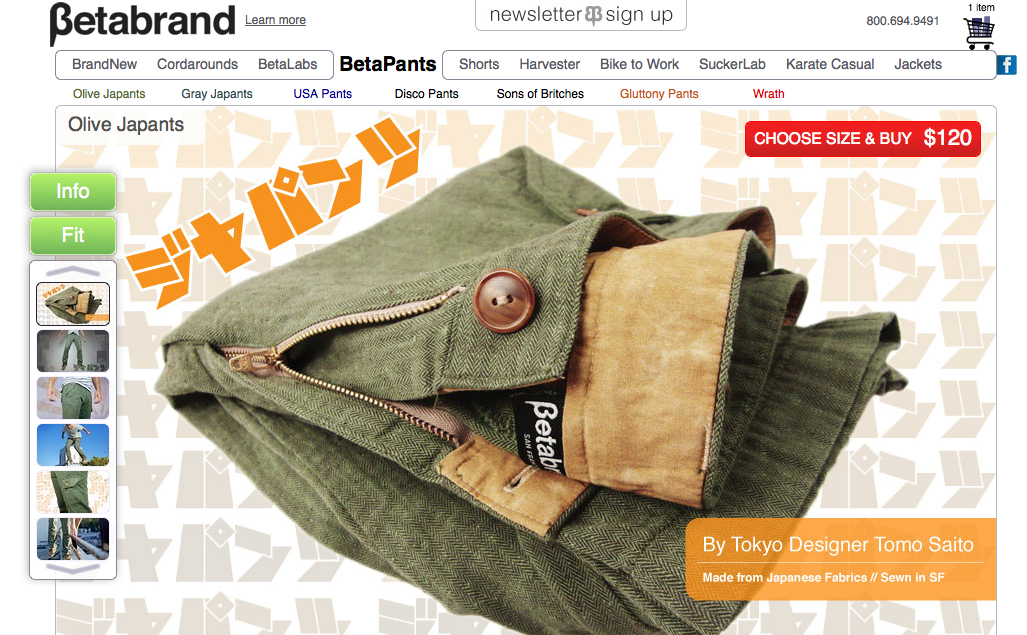
Individual storefronts. I like paying with PayPal for individual merchant storefrontswhen I can so as to avoid creating new accounts or entering credit card numbers. One of my favorites is Betabrand — they have site with a lot of personality. And they make great pants. I’ve been pretty obsessive about unsubscribing from commercial emails lately, but these guys I make an exception for. I’m excited to get an email about new pants. Interestingly, they’re the only case I can think of where display advertising played a psoitive role in a buying decision–I’m not sure I ever clicked on one, but their Facebook ads did keep them in my mind when I decided to go shopping for pants.
A few more:
- Buying things on eBay old style: vintage auctions! Here I don’t form a personal connection with the maker, but I might form one with the seller. And after all these years it’s still nice to open up a hand-addressed package from a faraway place to find an old Traveller module from 1982.
- Square. Not online, in person! But really, they’re so dang slick they make getting a receipt fun. And the card case app is intended to make a closer connection with regular in-person haunts.
These are the online (ish) commercial transactions that have made me happy over the last few months. The merchants I’ve done business with these ways are also some of the few for which I haven’t unsubscribed from all emails. (Although in some cases I have unsubbed from the mediating services email — e.g. Airbnb’s.) What do they have in common?
With the exception of some merchants who use Square, they are not regular, day-to-day necessities. These are fun purchases. Not necessarily luxuries (those vintage auctions are cheap if you stay cool), but definitely fun stuff. But I do feel happier about them than, say, buying a few MP3 albums on Amazon.
Why? What do all these transactions have in common?
- They all represent a real connection with an individual or small company. Whatever services are mediating the transaction, they’re not interfering with that connection.
- More specifically, my communications are with the individual / project / company, rather than any mediating service. (This is fuzzy, as some services do a bit of “I am sending you an email on behalf of X”. It really comes down to feel.
- I feel like money is going to the individual or small company I have connected with. I don’t feel like I’m getting a deal at their expense 9this is where fee transparency is helpful).
- In many cases I feel like I have a stake in the success of the individual / project / company beyond the specific transaction. Even if I never make another purchase, I might want to keep up with what’s going on. I’d feel bad if the company went down or the project was a failure. I’m invested in their success!
- Individuality. All mediating services place some limits on a merchant’s ability to have a unique experience, but these all do so in fairly limited ways. The more restrictive services (Airbnb, eBay) still let some personality through. PayPal and Square only really limit the payment experience, which is not where most merchants want to show their character anyway. Bandcamp in particular lets musicians customize their pages very heavily, and in fact is happy to have their brand fade into the background and make it entirely about the musician / fan connection.
So, after all that introspection, I guess what I really meant was:
I’m not at all tired of mediated online commerce that helps me make personal connections with vendors, that allows the personality of individual vendors to come through, that allows me to support vendors in monetary and non-monetary ways, that allows me to communicate directly with vendors, and that helps give me a personal stake in the vendor’s success.






